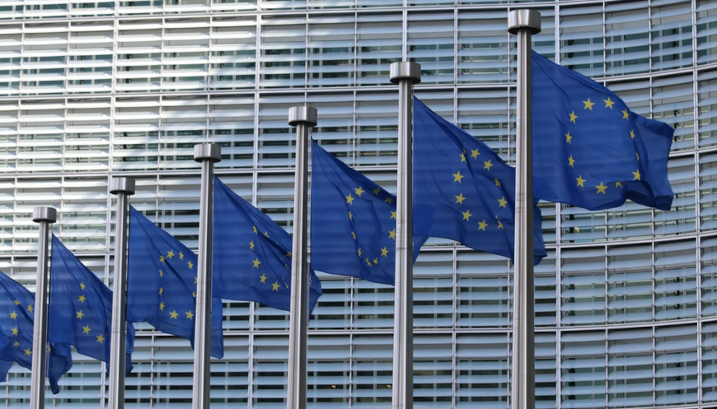 POLICY
POLICY
 POLICY
POLICY
 POLICY
POLICY
European Union lawmakers today agreed on new rules that will require smartphone makers to ship their devices with USB-C support starting in autumn 2024.
The rules will also apply to other types of electronics. All tablets, e-readers, earbuds, digital cameras, headphones and headsets, handheld video game consoles and portable speakers that can be charged via a wired cable will have to be equipped with a USB-C charging port.
Laptop makers are required to roll out USB-C support as well, but have more time to do so. Laptops will have to be equipped with a USB-C charging port within 40 months of the new rules going into effect.
The EU’s new device charging requirements could represent a particularly significant development for Apple Inc., which hasn’t yet added USB-C support to its iPhones. Apple instead uses a proprietary charging technology called Lightning.
Recent reports indicate that Apple is already working to replace its Lightning technology with USB-C. It’s believed that iPhones equipped with a USB-C charging support could launch as early as 2023. A number of other Apple products, including its MacBook laptops and some iPads, already support the technology.
“Today we have made the common charger a reality in Europe,” said European Parliament rapporteur Alex Agius Saliba. “European consumers were frustrated long with multiple chargers piling up with every new device. Now they will be able to use a single charger for all their portable electronics.”
Electronics makers will also have to meet a number of other requirements besides rolling out USB-C support. Companies will be expected to give consumers the ability to purchase a new hardware product with or without a charging device. Additionally, consumers must be given access to “clear information on the charging characteristics of new devices” that can help them determine whether they can use an existing charger with a new device.
Another focus of the new rules is charging speed. USB-C makes it possible to charge devices significantly faster than earlier versions of the USB standard, but speeds can vary in practice. The EU will require hardware makers to ensure that users can “charge their devices at the same speed with any compatible charger.”
It’s estimated that device chargers account for about 11,000 tons of electronic waste every year. The new rules will help reduce electronic waste by enabling consumers to reuse USB-C chargers across devices. In the process, it’s estimated, consumers in the EU will save as much as $250 million euros a year on unnecessary purchases.
Support our mission to keep content open and free by engaging with theCUBE community. Join theCUBE’s Alumni Trust Network, where technology leaders connect, share intelligence and create opportunities.
Founded by tech visionaries John Furrier and Dave Vellante, SiliconANGLE Media has built a dynamic ecosystem of industry-leading digital media brands that reach 15+ million elite tech professionals. Our new proprietary theCUBE AI Video Cloud is breaking ground in audience interaction, leveraging theCUBEai.com neural network to help technology companies make data-driven decisions and stay at the forefront of industry conversations.